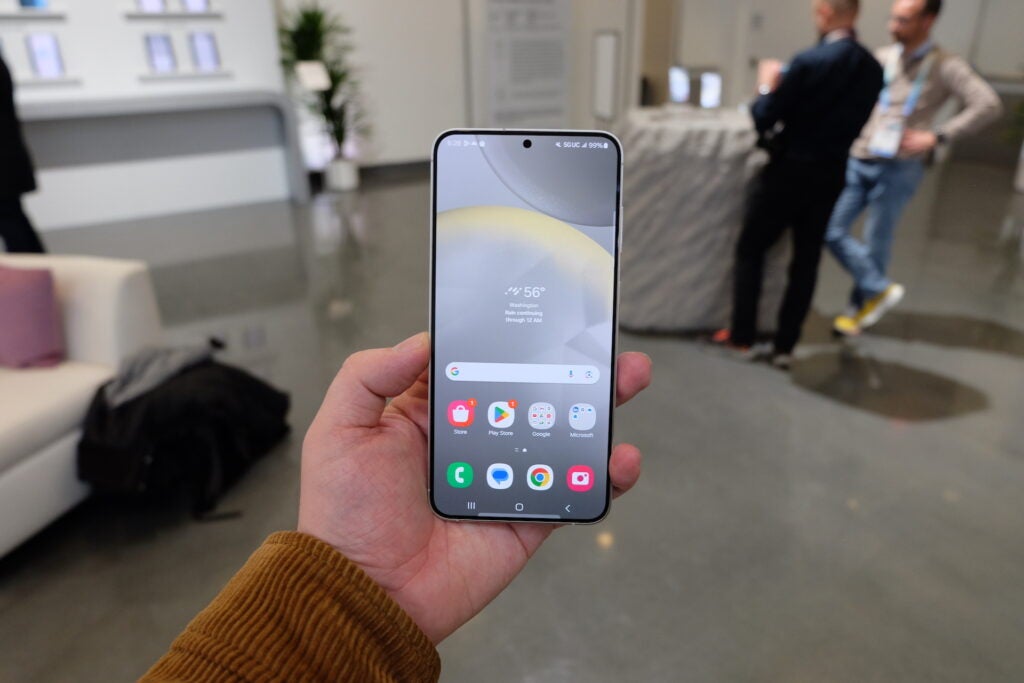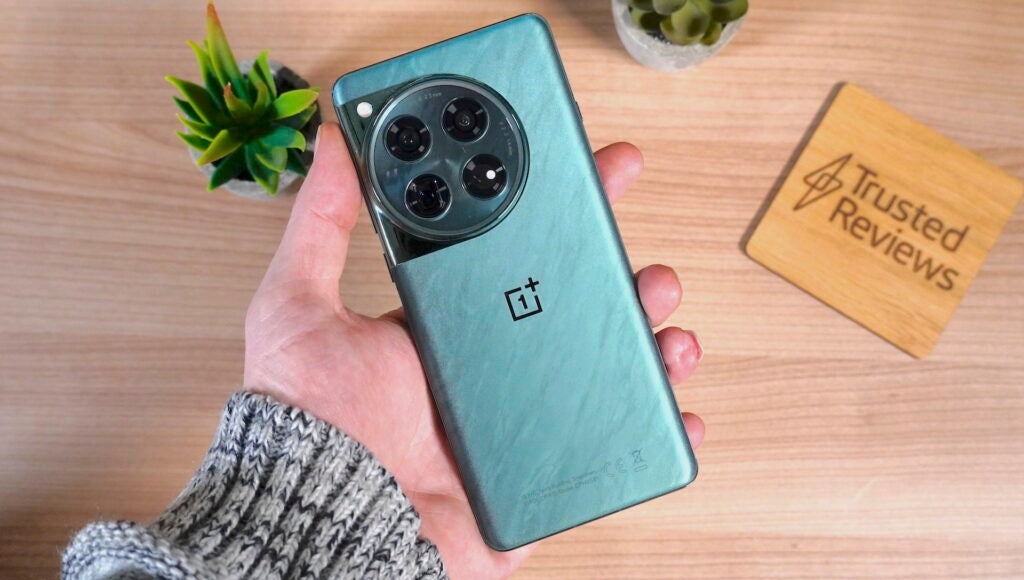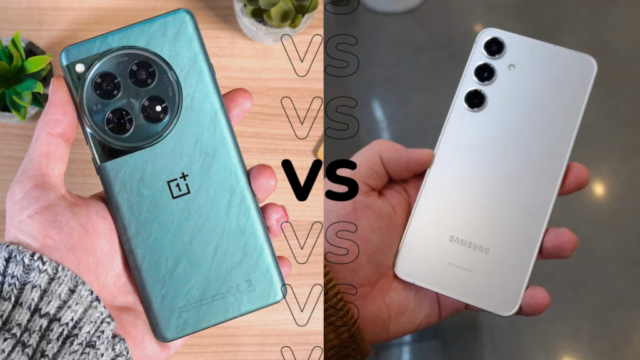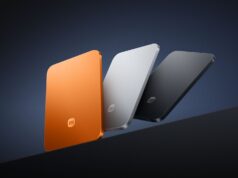It’s only been a few weeks since the turn of the year, and yet there’s already a smattering of new phones to choose from, most notably the OnePlus 12 and the Samsung Galaxy S24 series.
Both phones are positioned in the upper-middle market, with the OnePlus 12 costing £849/€949/$799 and the Galaxy S24 Plus setting you back £999/€999/$999.
There are a lot of similarities with these phones, but we’re most interested in what sets them apart. So we’ve highlighted the key differences between the two phones to help you divide which is the best option. Keep on reading for the full breakdown.
Galaxy S24 Plus has more AI features
AI is one of the biggest buzzwords of the technology industry in 2024 so far, so there’s no surprise to see Samsung leaning heavily in this direction. The Galaxy S24 Plus has introduced several new features, such as AI-powered transcription, translation and seamless photo editing.
This technology utilises the AI powers of the phone’s chip too, so you don’t need to rely on an internet connection in order to use these clever features.
Disappointingly, the OnePlus 12 doesn’t make use of all the AI powers of its processor, so you won’t find any cutting-edge features as you will on the Samsung phone. This is especially disappointing when the OnePlus 12 is using the same Snapdragon 8 Gen 3 chip as the American model of the Galaxy.

OnePlus 12 has faster charging speeds
The OnePlus 12 is seriously impressive when it comes to charging speeds, with support for 80W SuperVOOC. OnePlus claims its latest phone can be fully replenished from 1% to 100% in just 26 minutes.
The Samsung Galaxy S24 Plus also supports fast charging, but only up to 45W which is nearly half the speed of the OnePlus 12. We don’t have exact figures of how long it will take to recharge the Galaxy S24 Plus just yet, but we expect it to be slower than the OnePlus 12.
The OnePlus 12 is also faster when it comes to wireless charging, with support for the 50W AIRVOOC feature, while the Galaxy S24 Plus tops out at a slower 15W wireless charging.
The battery is larger in the OnePlus 12 too with a 5400mAh capacity. The OnePlus 12 only has a 4900mAh battery, although that doesn’t necessarily mean it will have a worse battery life – we’ll need to conduct some battery tests to know for sure.

Pre-order the Samsung Galaxy S24 and Galaxy S24+
You can pre-order the brand-new Samsung Galaxy S24 directly from Samsung right now at this link.
- Samsung UK
- Free double storage until January 30
- From £799
Galaxy S24 Plus has superior waterproofing
If you’re the kind of klutz that’s in danger of dropping a smartphone in a swimming pool or bathtub, then you’ll want to make sure it has the best waterproofing possible.
The Samsung Galaxy S24 Plus offers great protection with an IP68 rating. This means the phone is able to withstand the effects of continuous immersion in water without breaking.
Meanwhile, the OnePlus 12 only has a IP65 resistance, which means that water jets are no problem, but the phone is unlikely to survive a lengthy dunking underwater.
The two phones at least offer the maximum protection against dust, so there’s no need to worry about your OnePlus 12 zonking out from a dust cloud. But if you’re going to be using your phone near large bodies of water on the regular, the Samsung may prove to be a better bet.

OnePlus 12 uses OxygenOS UI software
It should come as no surprise that both of these smartphones are running on Android, but that doesn’t mean the software experience is identical.
The OnePlus 12 has OxygenOS baked into the software, which is a custom Android skin that makes it feel slightly different to use compared to phones from other brands. We’ve found the interface to be simple, and were impressed by the selection of customisation options and excellent battery optimisations.
As for the Galaxy, it uses OneUI software which should be familiar to anyone who’s used a Samsung smartphone before. It’s a streamlined and polished take on Android, with plenty of Samsung-made apps to sink your teeth in. For the S24 series, Samsung has focused on integrating its new AI technology into these apps for a more seamless experience.
Which Android skin you prefer will come down to personal preference, but it can have a great impact on your user experience. It may be worth going hands-on with the software at a local phone store to see which option you like the most.









